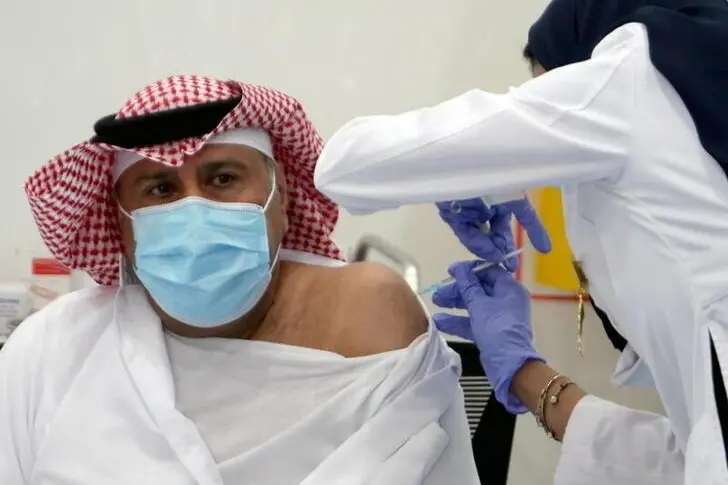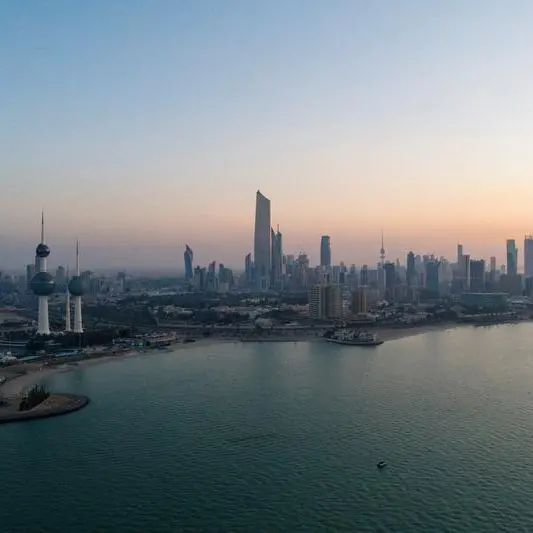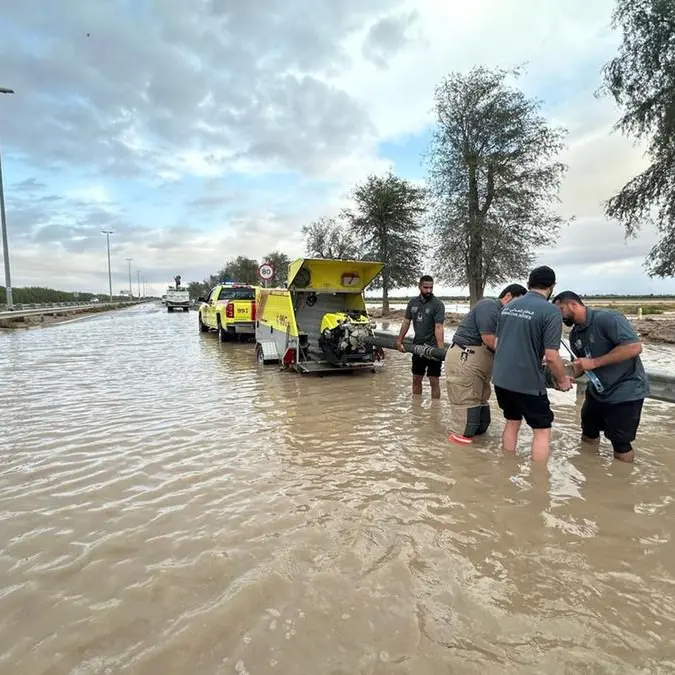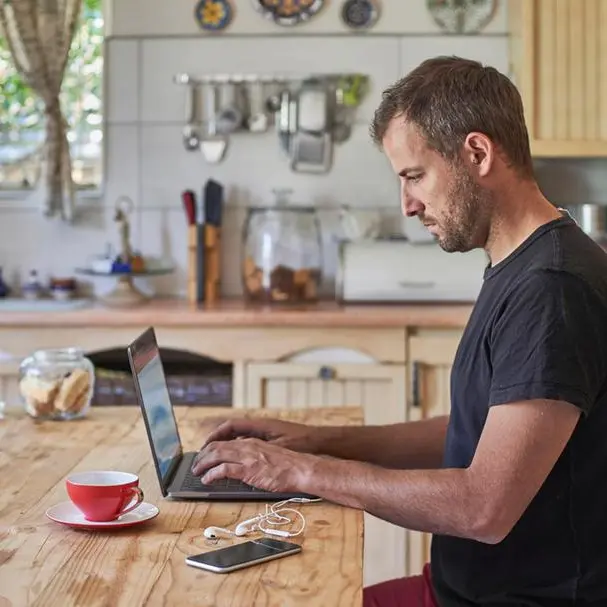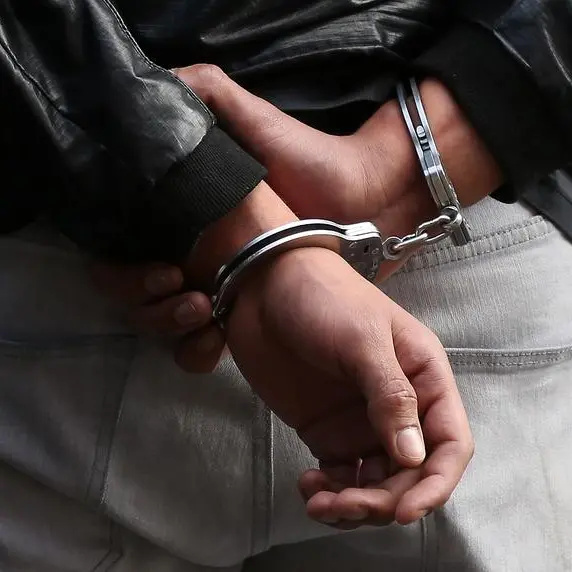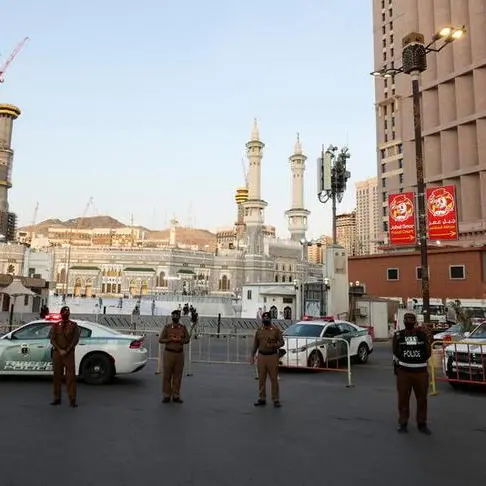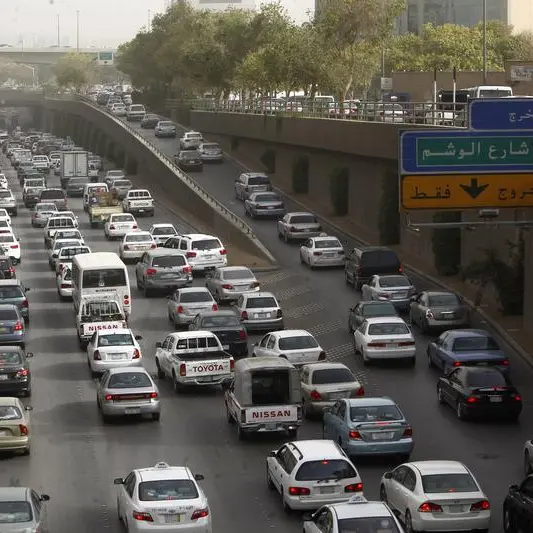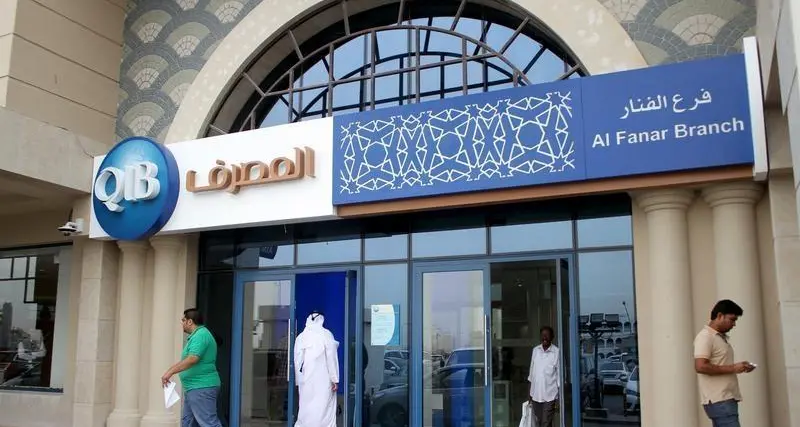PHOTO
Dr. Naser Tawfiq, assistant professor of anesthetics and ICU, warned that as a result of the policy, no one would be allowed to enter any governmental institution without being vaccinated.
“This decision will certainly reduce any negative attitude that disdains the vaccine. One who tries to avoid getting the vaccine will be socially isolated. Their isolation is good for us because all of society wants to get back to normal life, and the only safe solution is to get the vaccine,” Tawfiq said.
He added that by receiving a vaccine and complying with precautionary measures, people can live “almost a normal life” at this stage of the pandemic.
Residents of the Kingdom are required to receive at least one jab or have recovered from COVID-19 to attend social, cultural, sports and entertainment gatherings, and enter private, government or commercial establishments.
Health authorities have called on residents to register for the vaccine, and centers across the Kingdom have been urged to provide more time slots to accommodate the growing numbers of applicants.
Meanwhile, almost all of the Saudi population are soon expected to become fully vaccinated against COVID-19 before returning to the workplace, Abdulmohsin Al-Huwaidi, a human resources specialist, told Al-Ekhbariya TV channel, adding that the majority of people in the Kingdom have now received a vaccine.
FASTFACTS
• Saudi Arabia reported 1,063 new cases of COVID-19 on Monday.
• The death toll rose to 8,259 after 10 more virus-related deaths were recorded.
“This can clearly show the good quality of work in these health organizations and the high level of awareness in society,” Al-Huwaidi said.
So far, 27,638,716 people in the Kingdom have received a jab against COVID-19, including 1,481,272 elderly people.
Al-Huwaidi added that the Ministry of Human Resources and Social Development has approved a variety of options to deal with the unvaccinated workers.
“This gradual plan of dealing with unvaccinated employees begins with directing them to work remotely, and this is an option for the organizations in which job tasks can be done remotely,” he said.
He added: “I think we will see the whole community — both citizens and residents — fully vaccinated in the near future.” However, he noted that people who are excluded from taking the vaccine could continue to work from their homes.
In another move to curb the spread of coronavirus, the Saudi Public Prosecution office has warned that it will impose fines of up to SR500,000 ($133,323) on passengers breaching travel ban restrictions by boarding flights to countries hit by severe COVID-19 outbreaks. Similar penalties will also apply to operators or owners of the means of transportation, the authority said.
In a recent tweet, officials added that severe punitive measures would be taken against travelers who failed to disclose that they had visited any countries listed on the Kingdom’s COVID-19 travel ban list.
Meanwhile, Saudi Arabia on Monday reported 10 more COVID-19-related deaths, taking the death toll over the course of the pandemic to 8,259.
There were 1,063 new cases, meaning that 527,877 people in the country have now contracted the disease. A total of 10,624 cases remained active, of which 1,434 patients were in critical condition.
Of the newly recorded cases, 244 were in the Makkah region, 217 in the Riyadh region, 152 in the Eastern Province, and 70 in the Madinah region.
The Ministry of Health said that 1,620 patients recovered from the disease, increasing the total number of recoveries in the Kingdom to 508,994.
Saudi Arabia has so far conducted 25,226,779 PCR tests, with 98,862 completed in the past 24 hours.
Testing hubs and treatment centers set up throughout the country have dealt with hundreds of thousands of people since the COVID-19 pandemic outbreak.
Among them, Taakad (make sure) centers provide COVID-19 testing for those who show no or only mild symptoms or believe they have come into contact with an infected individual, while Tetamman (rest assured) clinics offer treatment and advice to those with virus symptoms such as fever, loss of taste and smell, and breathing difficulties.
Appointments for either service can be made via the ministry’s Sehhaty app.
Copyright: Arab News © 2021 All rights reserved. Provided by SyndiGate Media Inc. (Syndigate.info).
